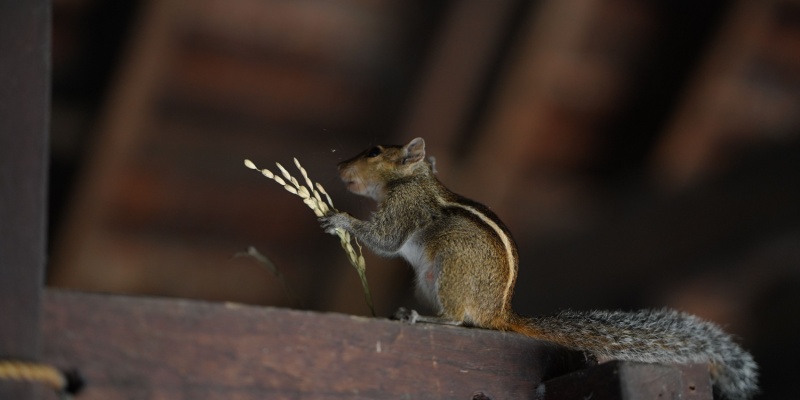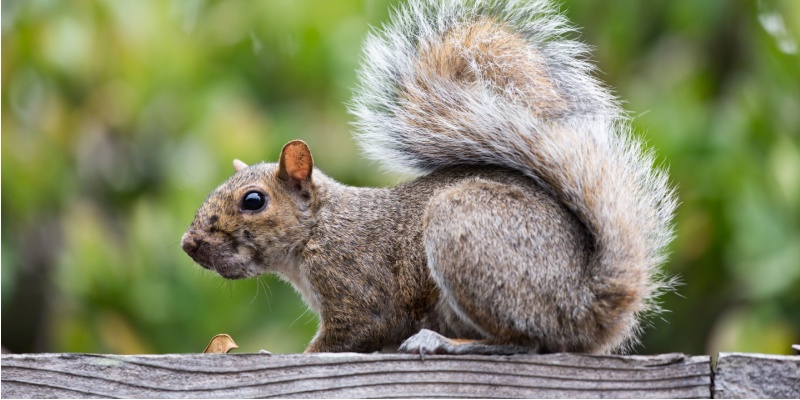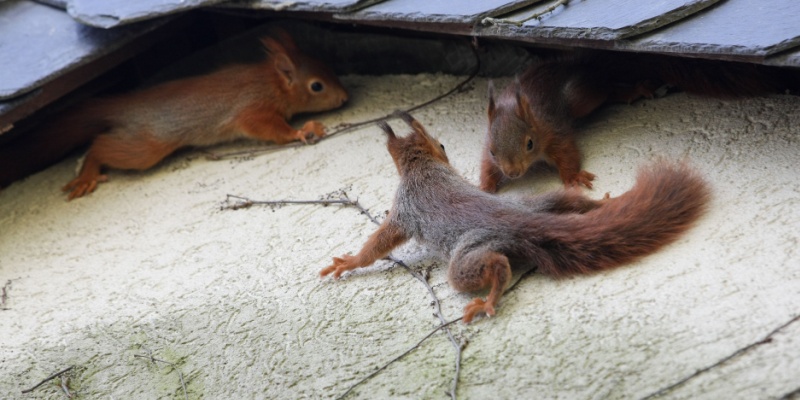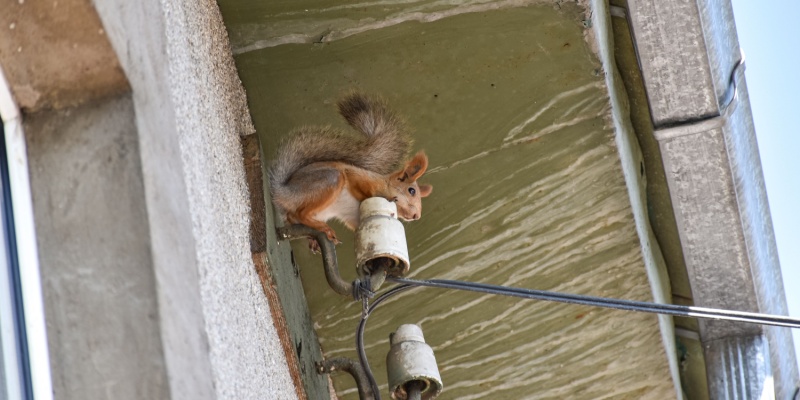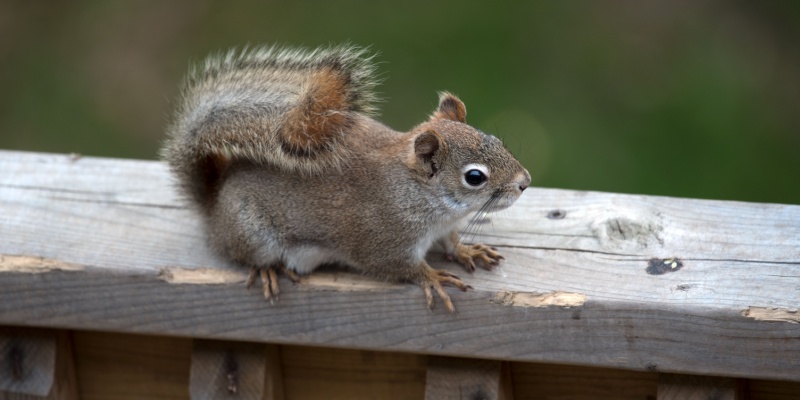Discovering squirrels in your attic can be distressing. These rodents can cause significant structural damage, chew through electrical wiring, and pose health risks due to droppings and parasites. Here’s a step-by-step guide on what to do if you suspect squirrels have invaded your attic:
1. Confirm the Presence of Squirrels
Listen for scratching or scampering noises, especially during the early morning or late evening when squirrels are most active. Look for droppings, nests made of twigs and leaves, or gnawed wires and insulation. Squirrels often leave behind distinctive signs that can help you confirm their presence.
2. Avoid DIY Removal
Attempting to remove squirrels yourself can be dangerous. Squirrels can be aggressive if they feel threatened, and they may carry diseases. Instead, contact a professional pest control service that specializes in humane removal. Professionals have the expertise and tools to handle the situation safely.
3. Professional Inspection and Removal
A pest control expert will conduct a thorough inspection of your attic to assess the extent of the infestation and identify entry points. Using humane trapping methods, they will safely remove the squirrels from your home. The professionals will ensure that the removal process is effective and humane, reducing stress for both you and the squirrels.
4. Sealing Entry Points
After removal, it’s crucial to prevent future infestations by sealing all potential entry points. This includes repairing holes in the roof, eaves, and vents, and installing chimney caps. By closing off these access points, you can prevent squirrels from re-entering your home and causing further damage.
5. Implement Preventive Measures
To discourage squirrels from returning, keep your attic well-ventilated and free of clutter. Trim tree branches that overhang your roof, and ensure garbage cans are securely closed. Installing squirrel-proof bird feeders can also help keep these critters at bay. Maintaining a clean and organized attic reduces the likelihood of future infestations.
6. Regular Inspections
Schedule regular inspections with a pest control service to ensure your home remains squirrel-free. Early detection can prevent minor issues from becoming major problems. Regular check-ups allow professionals to catch any signs of a new infestation early and take swift action to address it.
By following these steps and enlisting the help of professionals, you can effectively manage a squirrel infestation and protect your home from further damage. Remember, prompt action and preventive measures are key to maintaining a squirrel-free home.
